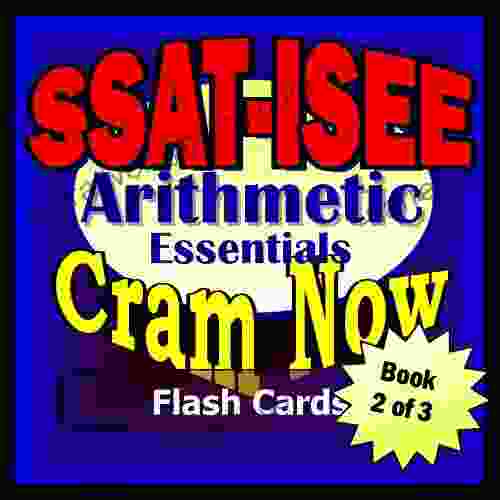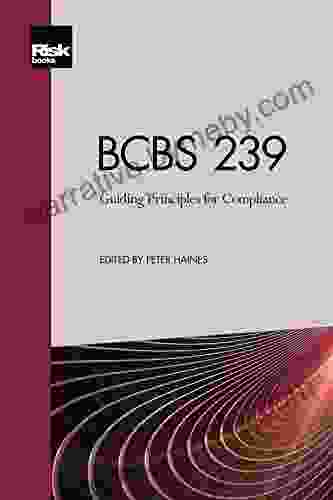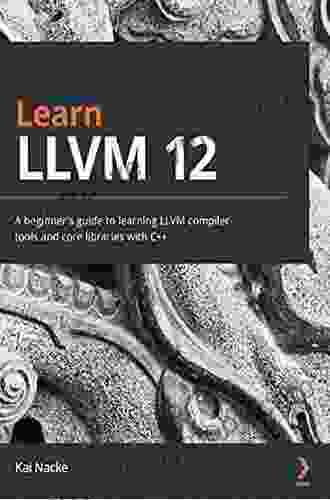Beginner's Guide to Learning LLVM Compiler Tools and Core Libraries

4.2 out of 5
| Language | : | English |
| File size | : | 2442 KB |
| Text-to-Speech | : | Enabled |
| Enhanced typesetting | : | Enabled |
| Print length | : | 392 pages |
| Screen Reader | : | Supported |
LLVM (Low Level Virtual Machine) is a powerful open-source compiler infrastructure that provides a set of tools and libraries for building highly optimized code. This guide is designed for beginners who want to gain a comprehensive understanding of LLVM and its capabilities.
We will cover the essential concepts behind LLVM, including its modular design, intermediate representation (IR),and optimization passes. We will also explore the core libraries that provide support for various programming languages and target architectures.
Understanding LLVM's Modular Design
LLVM follows a modular design, which allows you to mix and match different components to create a customized compiler. The core components of LLVM include:
- Frontend: Parses source code and generates an intermediate representation (IR).
- Middle-end: Performs optimizations on the IR, such as constant propagation and loop unrolling.
- Backend: Generates machine code for a specific target architecture.
This modular design provides flexibility and allows you to tailor the compiler to your specific needs.
Working with LLVM's Intermediate Representation (IR)
LLVM uses an intermediate representation (IR) as a common language for different frontend and backend components. IR is a low-level language that represents the essential structure of the program, independent of the source language or target architecture.
Working with IR allows you to perform optimizations and transformations on the code without having to deal with the complexities of the source code or the target architecture.
Exploring LLVM's Optimization Passes
LLVM provides a comprehensive set of optimization passes that can be applied to the IR to improve code performance. These passes include:
- Dead code elimination: Removes unnecessary code that does not affect the program's behavior.
- Constant propagation: Replaces constants with their values throughout the code.
- Loop unrolling: Unrolls loops to improve performance.
Using optimization passes can significantly enhance the speed and efficiency of the generated code.
Discovering the Power of LLVM's Core Libraries
LLVM provides a set of core libraries that offer support for various programming languages and target architectures. These libraries include:
- Clang: A frontend for the C and C++ programming languages.
- LLDB: A debugger for debugging LLVM IR and machine code.
- libLLVM: A library that provides access to LLVM's core functionality.
These libraries provide a rich set of features that enable you to build powerful compilers and tools.
This guide provides a comprehensive overview of LLVM compiler tools and core libraries, empowering you to unlock their full potential for optimizing code. By understanding LLVM's modular design, working with IR, exploring optimization passes, and discovering the power of core libraries, you can harness the power of LLVM to create high-performance software.
To further your learning, we recommend exploring the following resources:
- LLVM official website
- Clang documentation
- LLDB documentation
We hope this guide has ignited your interest in LLVM. With dedication and practice, you can become a proficient LLVM user and create software that pushes the limits of performance.
4.2 out of 5
| Language | : | English |
| File size | : | 2442 KB |
| Text-to-Speech | : | Enabled |
| Enhanced typesetting | : | Enabled |
| Print length | : | 392 pages |
| Screen Reader | : | Supported |
Do you want to contribute by writing guest posts on this blog?
Please contact us and send us a resume of previous articles that you have written.
 Book
Book Novel
Novel Page
Page Chapter
Chapter Text
Text Story
Story Genre
Genre Reader
Reader Library
Library Paperback
Paperback E-book
E-book Magazine
Magazine Newspaper
Newspaper Paragraph
Paragraph Sentence
Sentence Bookmark
Bookmark Shelf
Shelf Glossary
Glossary Bibliography
Bibliography Foreword
Foreword Preface
Preface Synopsis
Synopsis Annotation
Annotation Footnote
Footnote Manuscript
Manuscript Scroll
Scroll Codex
Codex Tome
Tome Bestseller
Bestseller Classics
Classics Library card
Library card Narrative
Narrative Biography
Biography Autobiography
Autobiography Memoir
Memoir Reference
Reference Encyclopedia
Encyclopedia Becky Hall
Becky Hall Sammie Garnett
Sammie Garnett Julie Gilbert Pollard
Julie Gilbert Pollard R B Marshall
R B Marshall Audrey Grey
Audrey Grey Axel Hacke
Axel Hacke Thrive Books
Thrive Books Atul K Mehra
Atul K Mehra Arthur Woods
Arthur Woods Kristen Ankiewicz
Kristen Ankiewicz Lindy Woodhead
Lindy Woodhead Michael Werner
Michael Werner Aubrey Beardsley
Aubrey Beardsley Jeffrey A Engel
Jeffrey A Engel Eric Grzymkowski
Eric Grzymkowski Barbara Sheklin Davis
Barbara Sheklin Davis Peter P Wakker
Peter P Wakker Malcolm Smith
Malcolm Smith Austin M Francis
Austin M Francis John Harker
John Harker
Light bulbAdvertise smarter! Our strategic ad space ensures maximum exposure. Reserve your spot today!

 Garrett PowellThe True Story of the Geordie Pioneer: A Gripping Tale of Adventure, Grit,...
Garrett PowellThe True Story of the Geordie Pioneer: A Gripping Tale of Adventure, Grit,...
 Edgar Allan PoeEmbark on an Epic Adventure with Alkyoneus and the Warrior Queen: Heroes in...
Edgar Allan PoeEmbark on an Epic Adventure with Alkyoneus and the Warrior Queen: Heroes in... Calvin FisherFollow ·5.9k
Calvin FisherFollow ·5.9k Ralph TurnerFollow ·10.8k
Ralph TurnerFollow ·10.8k Robert HeinleinFollow ·17.1k
Robert HeinleinFollow ·17.1k Emanuel BellFollow ·11.6k
Emanuel BellFollow ·11.6k Thomas PowellFollow ·17.7k
Thomas PowellFollow ·17.7k Nathan ReedFollow ·3.6k
Nathan ReedFollow ·3.6k Cormac McCarthyFollow ·11.5k
Cormac McCarthyFollow ·11.5k Milton BellFollow ·8.2k
Milton BellFollow ·8.2k

 Ian McEwan
Ian McEwanWhy Didn't Anyone Say Anything? Uncovering the Hidden...
By [Author's...

 William Wordsworth
William WordsworthArthurian Legendarians: Faithless One - Part One – A...
In the realm of legendary tales, the...

 Corey Hayes
Corey HayesSSAT ISEE Prep Test: Arithmetic Review Flash Cards Cram...
Are you preparing for the SSAT or ISEE exam?...

 Robert Louis Stevenson
Robert Louis StevensonUnveiling the Essential Guide to Compliance: BCBS 239...
In the ever-evolving...

 Javier Bell
Javier BellJust Peachy: A Tale of Sweetness and Sassiness
Immerse yourself in a...

 Brent Foster
Brent FosterStep-by-Step Instruction Manual to Building a Real Estate...
Are you eager to embark on the...
4.2 out of 5
| Language | : | English |
| File size | : | 2442 KB |
| Text-to-Speech | : | Enabled |
| Enhanced typesetting | : | Enabled |
| Print length | : | 392 pages |
| Screen Reader | : | Supported |








